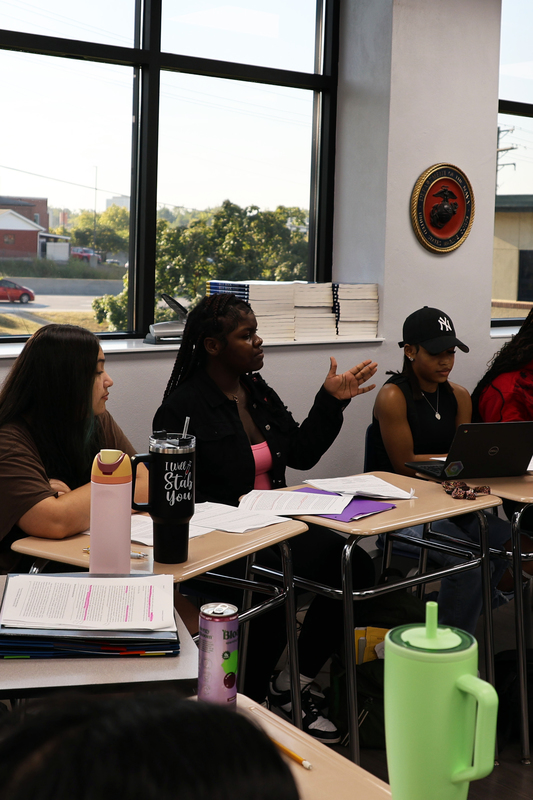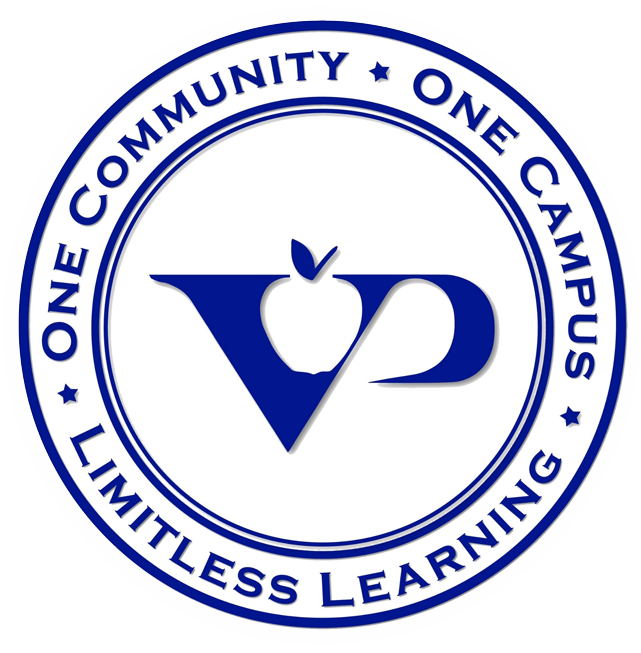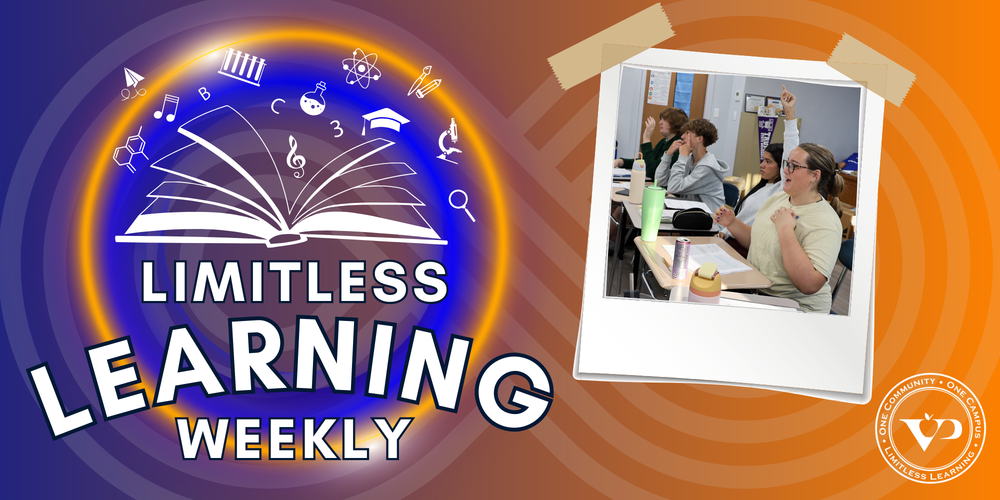Last week, the 10th grade Humanities class had the chance to dive into history in a way that goes far beyond the usual lecture and notes. They worked with a case study from the Case Method Institute, a program with roots at Harvard University that’s changing how students engage with history and democracy.
Back in 2013, Harvard Business School Professor David Moss launched a course called History of American Democracy for undergraduates and MBA students. The class quickly gained popularity for its ability to help students not only learn and retain historical knowledge but also connect deeply with civic engagement.
The success of this model sparked an idea: what if high school students could learn this way, too? Professor Moss began piloting the approach in secondary schools, and eventually, the Case Method Institute was born. Since then, more than 4,000 teachers nationwide have received training and case materials to bring this method into their classrooms.
This innovative program has also reached Valley Park High School, where history teacher Tristan Wood and English teacher Rick Neal collaborate to bring this special curriculum to 10th grade students. Mr. Neal said, “Our Humanities class gives students the chance to explore both ELA and History while building skills like critical thinking, communication, and problem-solving. It’s been exciting to witness the creativity and effort they bring to each class.”
Each case is typically 14–20 pages of college-level text and built around a central historical question. The class explored the period at the end of Reconstruction, wrestling with the big question of whether it should be considered a success or a failure.
Students weren’t just reading and discussing. They practiced English Language Arts skills by creating an annotated bibliography of the case. That meant applying APA citation style, summarizing key points, and sharpening their ability to read critically.
“The results this year have been inspiring,” said Mr. Wood. “Even as sophomores, these students have risen to the challenge of working with difficult, college-level texts. Many reported that they prefer this hands-on, discussion-based method to traditional note-taking. We’ve seen stronger critical thinking, deeper engagement, and that unmistakable sense of pride when a student realizes they’ve successfully untangled a tough section of reading.”
The students will complete an official post-case survey, and both teachers and students are eager to hear the detailed feedback. For now, Mr. Wood and Mr. Neal agree this experience has been a powerful way to help students connect with history and see themselves as capable of tackling big questions about democracy. Charly Perkins, a humanities student, said, "I like Humanities because I get to combine my learning in two subjects and that helps me to further understand these topics."
The Case Method Institute continues to open doors for classrooms at schools like Valley Park, making history not just something to memorize, but something to wrestle with, reflect on, and carry into the future. At Valley Park, it’s helping students not only study history, but also see themselves as active participants in democracy’s ongoing story.
Check out the photos of the super engaging lesson by clicking the photo below.

